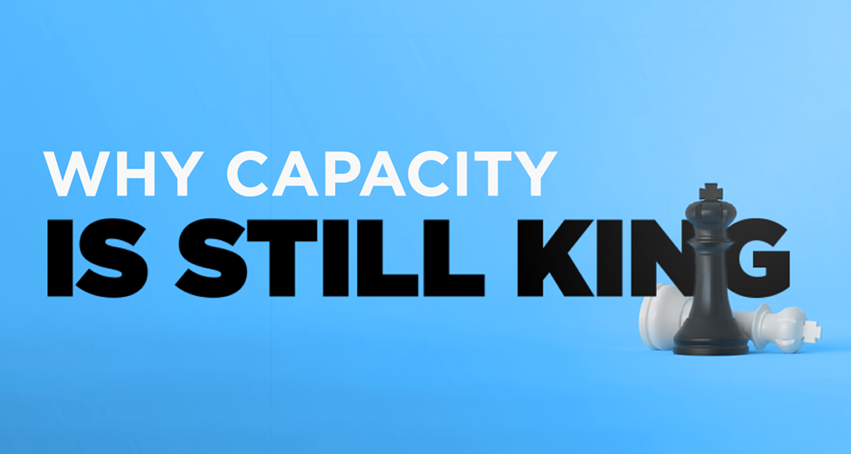When it comes to selling products, retailers and manufacturers rely heavily on truck capacity and their availability to move materials. When there is no container capacity, products will remain at their origin. This costs the manufacturer and retailer precious time and money. Lack of truck capacity also presents a problem for consumers, because the products they need won’t be available to them.
Truck Capacity Drives Everything
A steady supply of professionals keep shipments moving from origin to destination in a timely manner. When this process of capacity is interrupted, the result is often the dreaded ‘out of stock’ experience. If there is no truck capacity, products don’t ship. Then truckers don’t make as much money, and truck capacity could shrink even more.
Truck Drivers Make It Happen
The logistics world relies heavily on the hard-working trucker drivers that move freight. Throughout the year, the economy of capacity can go up and down rapidly. One day there can be a surplus of shipments and truck capacity is very low, and the next day the opposite will occur. To help ensure there is a method of balance, drivers work with dispatching teams to ensure that the hand-off process is seamless.
Third-Party Logistics Companies Can Help
With the logistics sector being heavily regulated, many companies have entered and exited the industry. Recently there have been reports of driver shortages as more drivers are retiring than are beginning a career in driving. Because of this shortage, shippers and receivers have needed to look at ways to maintain a high level of service to their customers and still control their transportation costs.
Third-party logistics companies, supply chain management and other logistics professionals, can help offer solutions in this environment to assist in getting products to customers.
As with many other markets, transportation is changing rapidly to meet current economic demands. Currently, in certain markets of the country, the ratio between available loads is drastically more than the numbers of available trucks. This inevitably causes an imbalance in truck capacity, affecting pricing and availability. In today’s market, a third-party logistics provider can prove to be an invaluable asset to your company. They can give you valuable information to help you as you make decisions about your ability to scale, labor choices, and even space selections. Capacity is still king, so engage in relationships that can provide valuable assistance as you navigate the current market.



